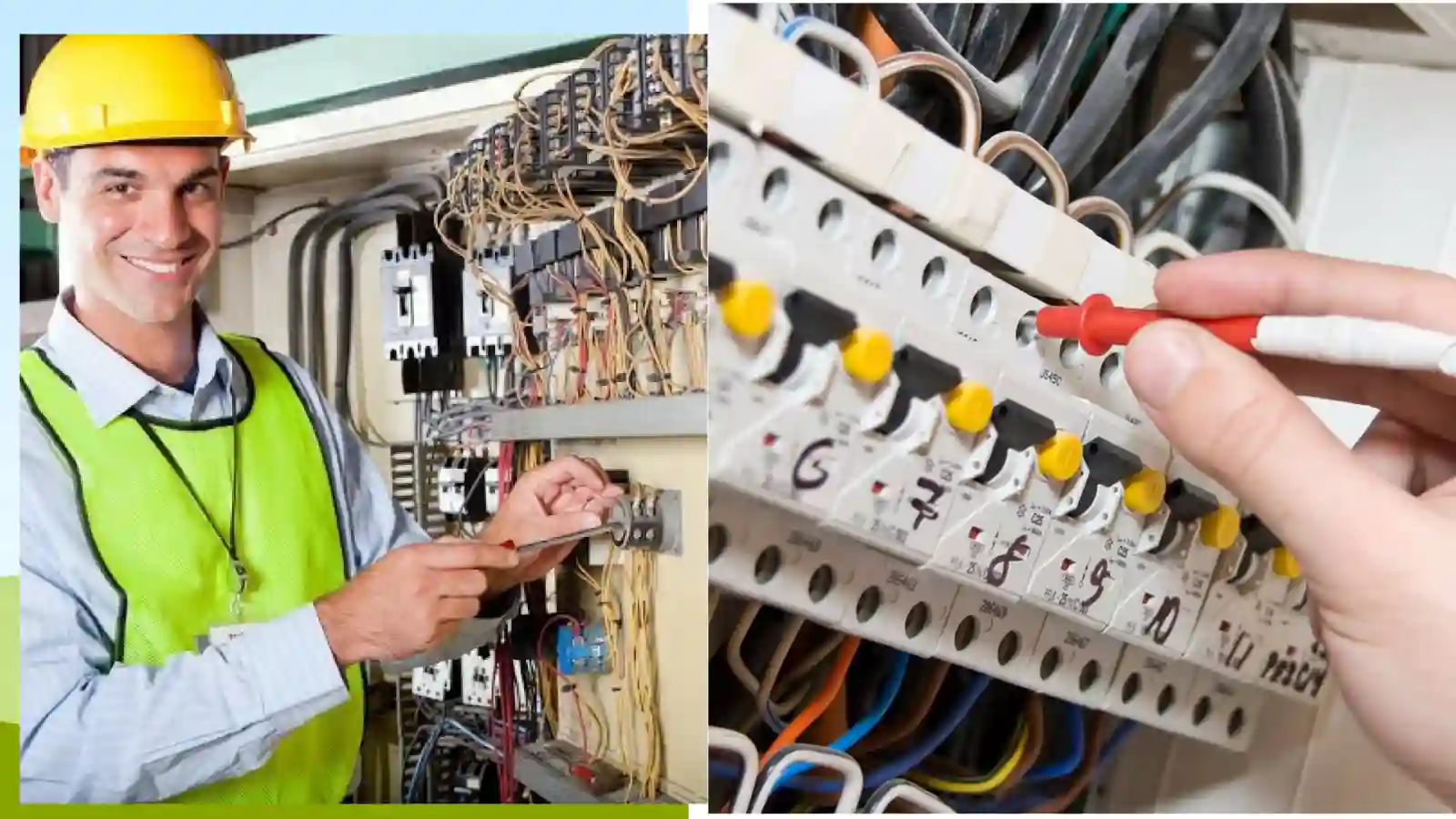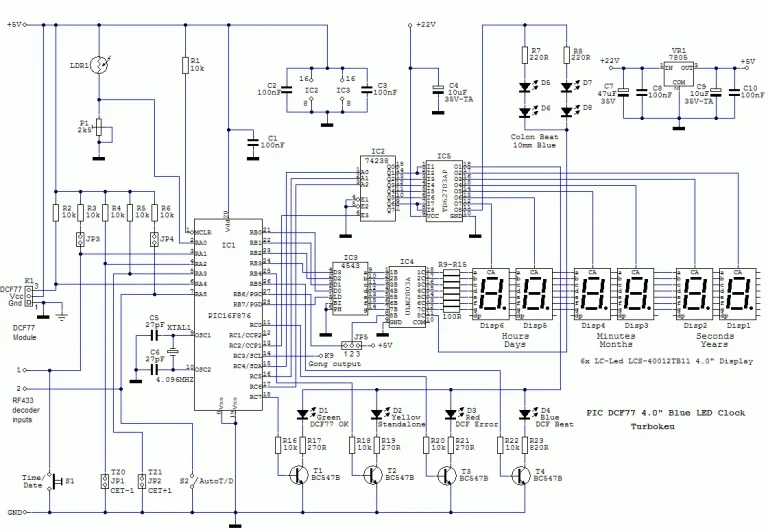Types of Electricians and How They Estimate Their Work
In any project, the most complicated network is certainly an electrical system, and before selecting, you must have the basic knowledge about various Types of Electricians.
An electrician is an expert who handles everything, from planning the layout to installing an efficient electrical system. That is what we will discuss extensively in this article. Apart from discussing the types, we will also shed light on how electricians work in construction.
WANT TO LEARN ABOUT VARIOUS TYPES? GET VALUABLE INSIGHTS FROM THIS ARTICLE TODAY!
Types of Electricians
The discussion below will help in understanding better the different electricians and what type of work they are capable of performing. Let’s get into it!
Master Electricians
This is the highest level of electrician in the industry. With this level, an electrician is eligible to become an electrical contractor. This allows them to apply for permits, lead and supervise, plan and assign project tasks. This means that they can manage multiple teams of electricians involved in a project, which brings us to our next discussion.
Journeymen Electrician
Working under a master electrician, these experts are also known as licensed electricians. To get licensed, you need to complete the necessary education and get four to five years of on-site experience. This will allow them to work under a master electrician and manage teams of apprentice electricians.
Apprentice Electrician
Continuing the above, like journeyman electricians, these electricians also have to go through a four to five-year on-the-job training. The primary difference is that they learn through on-the-job training, while a journeymen electrician completes their apprenticeship and an electrical exam to get licensed.
Specialized Electricians
If any electrician wants to uplift their career, they have to take up more advanced training programs and pass certification exams to acquire specialized licenses. Depending on what specialty they choose, they will have to take that particular exam to get licensed. The following are some examples of specialized electricians:
- Power distribution electrician
- Automation electrician
- Control system electrician
- Power transmission electrician
- Power tool electrician
Services Electrician
These electricians are especially known for providing their services for residential, commercial, and industrial electrical systems. One feature that stands out when it comes to a service electrician is that they are available 24/7 in case of any electrical emergencies. This means that they are credible after an installation inspection of an electrical system.
Construction Electrician
These electricians are responsible for installing wiring in construction buildings of any scope. These electricians, to carry out their work, have to collaborate with other trades. This is because they have to ensure that the electrical work is done according to a project’s blueprints, drawings, and all relevant building codes and regulations.
Industrial Electricians
Industrial electricians specialize in factories, plants, and large-scale facilities. They work with heavy machinery, automation systems, and high-voltage equipment to keep production running smoothly.
Maintenance Electricians
These electricians focus on repairing and maintaining existing systems. They are often employed by commercial buildings, hospitals, or large facilities to ensure systems remain safe and operational.
Outside Linemen (Utility Electricians)
Outside linemen work on power lines and electrical distribution networks. Their job includes installing and maintaining the poles, transformers, and lines that deliver power to homes and businesses.
Marine and Automotive Electricians
Marine electricians work on ships, boats, and offshore equipment, while automotive electricians focus on vehicles, EVs, and other transport systems. Both require specialized training due to unique system requirements.
Now you know some significant electrician experts and what their role is. Let’s explore how their work is estimated.
How is an Electrician’s Work Estimated?
Here’s a detailed breakdown that will help you to understand better how the Electrical Estimating process is carried out for a system:
- Bid on a Suitable Project
First, an electrician will bid on a project that he thinks is appropriate for his level of expertise. - Analyze Project’s Specifications
Once their bid is approved, the next step is that they will request a Request for Proposal. This will include blueprints, drawings, and any other project documents associated with a building’s electrical system. - Assessment of Required Materials
In this step, Electrical Material Takeoff Services make a list of all the required components and their number. Thus, listing out all the needed materials as well as their costs. - Labor Estimation
To estimate the required labor costs, you have to calculate how much time the project will take. - Factor in Overheads
To accurately determine the probability of desired profit, it is extremely essential to account for the overhead costs. First of all, this will assure a client that your pricing strategies are transparent. On top of that, it will make your estimates more precise, thus increasing the chances of achieving desired profit margins.
Example Estimation Scenarios
- A 2,000 sq. ft. residential home may require around 150–200 labor hours, costing between $8,000–$12,000 for materials and labor.
- A 10,000 sq. ft. commercial building can take over 1,000 labor hours and $50,000+ in combined costs.
- Industrial projects, depending on machinery and load capacity, often exceed $100,000 in installation and labor costs.
Additional Information for Estimating Electrical Work
From the above discussion, you certainly are knowledgeable about what electrical work is estimated. And that is not all, in estimating electrical work, accuracy is one of the major contributors that gives a boost to profitability, and we are here to provide you with the information!
The construction industry has been taken over by technology. The electrical field is also greatly influenced by this for the better. Various modern software programs make the estimation process quicker, easier, and precise. But that is not all, these software are advanced enough to undertake any aspect of electrical estimation. Also, they can make the process as close as possible to the actual results.
Here are some significant estimating software that have transformed electrical estimates:
- Quest Estimating
- Trimble
- ConEst
- PlanSwift
- Bluebeam
- Stack
- On-Screen Takeoff
Comparison Table: Electrician Career Path
| Type of Electrician | Training Required | License | Typical Role | Avg. Salary (US) |
Apprentice | 4–5 years training | No | Learning, assisting | $30k–$40k |
Journeyman | Apprenticeship + exam | Yes | Independent work, supervise apprentices | $50k–$65k |
Master | Several years as a journeyman + exam | Yes | Design, supervise, permits, lead projects | $70k–$90k |
Specialized | Additional certification | Yes | Work in automation, power distribution, etc. | $65k–$95k |
FOR PRECISE LABOR COST ESTIMATION, REACH OUT TO A PROFESSIONAL COST ESTIMATOR TODAY!
Closing Remarks
In summary, working with an electrical system is a complex process. That is why it is important to have proper training, knowledge, and licenses for the work to be performed. In this article, we have covered some essential Types of Electricians, along with the roles they usually perform in a project. Furthermore, we have also discussed how estimation for electrical work is done by mentioning a step-by-step process. Also, how estimated accuracy can be maximized with modern estimating software has been mentioned for you to make informed decisions.
Frequently Asked Questions (FAQs)
Q1. What are the 3 main levels of electricians?
Apprentice, Journeyman, and Master.
Q2. Which type of electrician earns the most?
Master and specialized electricians, especially in the industrial and power distribution fields.
Q3. How is an electrician’s work estimated?
By reviewing blueprints, listing required materials, calculating labor hours, and adding overhead costs.
Q4. What is the difference between a residential and commercial electrician?
Residential electricians handle homes, while commercial electricians manage larger, more complex systems in offices, schools, and retail buildings.
Q5. Which software is best for electrical estimating?
PlanSwift, Bluebeam, Trimble, and ConEst are among the most widely used.







